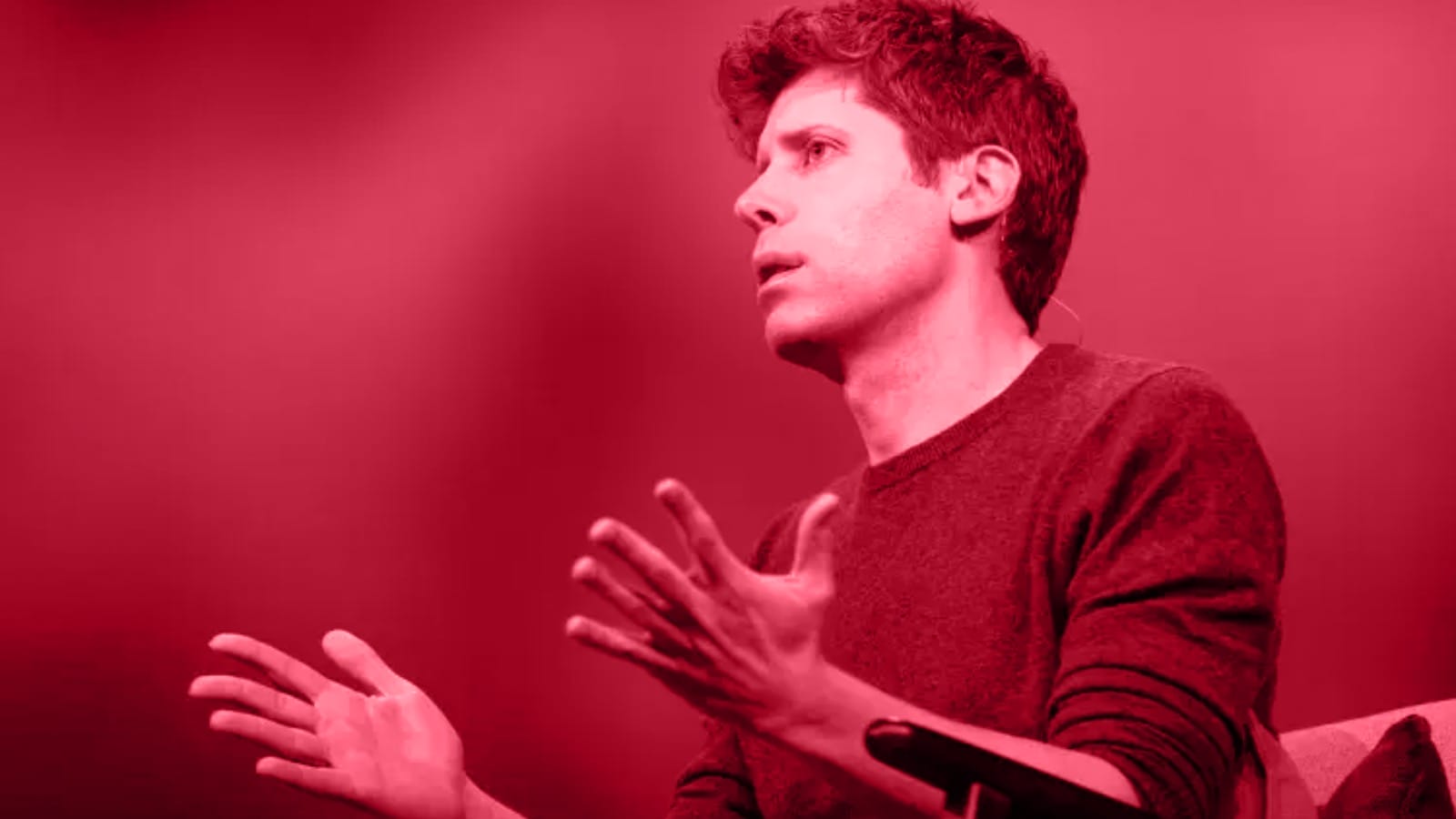In a wide-ranging interview at TED2025, OpenAI CEO Sam Altman addressed pressing questions about artificial intelligence safety, ethics, and the company’s future plans. The conversation, conducted by TED curator Chris Anderson, covered topics from OpenAI’s growth trajectory to the ethical implications of generative AI models.
Altman revealed that ChatGPT has reached approximately 500 million weekly active users, with usage growing “very rapidly.” He described the extraordinary growth as unprecedented, noting that his teams are “exhausted and stressed” trying to keep pace with demand.
When discussing the company’s latest developments, Altman highlighted AI for science as his personal area of excitement. “I think I am a big believer that the most important driver of the world and people’s lives getting better and better is new scientific discovery,” Altman said, suggesting that AI-assisted tools will soon make meaningful progress against disease.
The conversation also addressed OpenAI’s shift (back) toward open-source models. Altman announced plans to release “a very powerful open-source model” that would be “near the frontier” and “better than any current open-source model out there.” This marks a significant strategic pivot for the company.
On the topic of AI safety, Altman acknowledged the challenges of defining Artificial General Intelligence (AGI), noting that “if you got 10 OpenAI researchers in a room and asked to define AGI, you’d get 14 definitions.” Rather than focusing on the specific moment of achieving AGI, he emphasized the importance of ensuring safety throughout the ongoing exponential growth of AI capabilities.
The interview also touched on controversial subjects like AI-generated content that mimics the style of specific artists. Altman suggested there should be new economic models where artists could opt in and receive compensation when their style is explicitly requested in prompts.
When confronted with criticism about OpenAI’s evolution from a non-profit to a for-profit company, Altman defended the shift as necessary given the scale of capital required to develop advanced AI systems. “Our goal is to make AGI and distribute it, make it safe for the broad benefit of humanity,” he maintained.
Looking toward the future, Altman predicted a world of “incredible material abundance” where AI would surpass human intelligence. He expressed hope that future generations would look back at our time with “pity and nostalgia,” saying, “They lived such horrible lives. They were so limited.”
Throughout the interview, Altman balanced optimism about AI’s potential benefits with acknowledgment of serious risks, including possible misuse for bioterrorism and cybersecurity challenges. He emphasized OpenAI’s preparedness framework designed to identify and mitigate dangers before releasing new capabilities.
Photo: Host Chris Anderson and Sam Altman speak at SESSION 11 at TED 2025: Humanity Reimagined. April 7-11, 2025, Vancouver, BC. Photo: Jason Redmond / TED
via: VentureBeat
